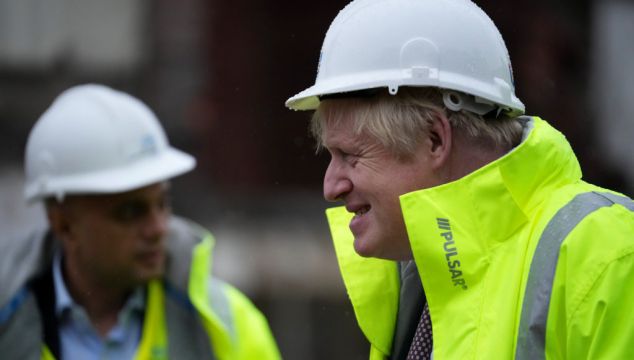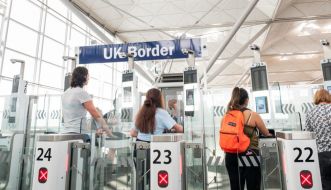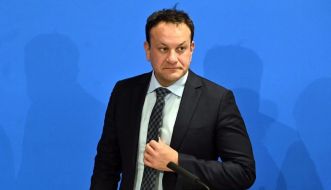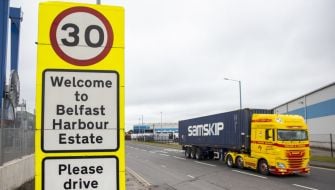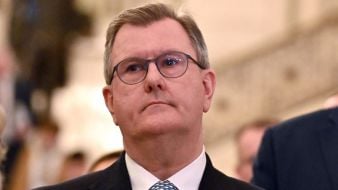British prime minister Boris Johnson has issued a fresh warning to the UK's road haulage industry that it cannot expect to rely on cheap immigrant labour in future.
Speaking on the eve of the Conservative Party conference in Manchester, Mr Johnson said he wanted to end the UK’s reliance on low-wage foreign workers and for it to become “a well-paid, well-skilled, highly productive economy”.
His comments came after his government announced it was extending 5,000 temporary visas being offered to foreign lorry drivers amid warnings of Brexit shortages on the shelves in the run-up to Christmas.
They include 300 bespoke visas for tanker drivers who will be able to come into the UK “immediately” amid claims a fuel crisis is getting worse in some parts of the country.
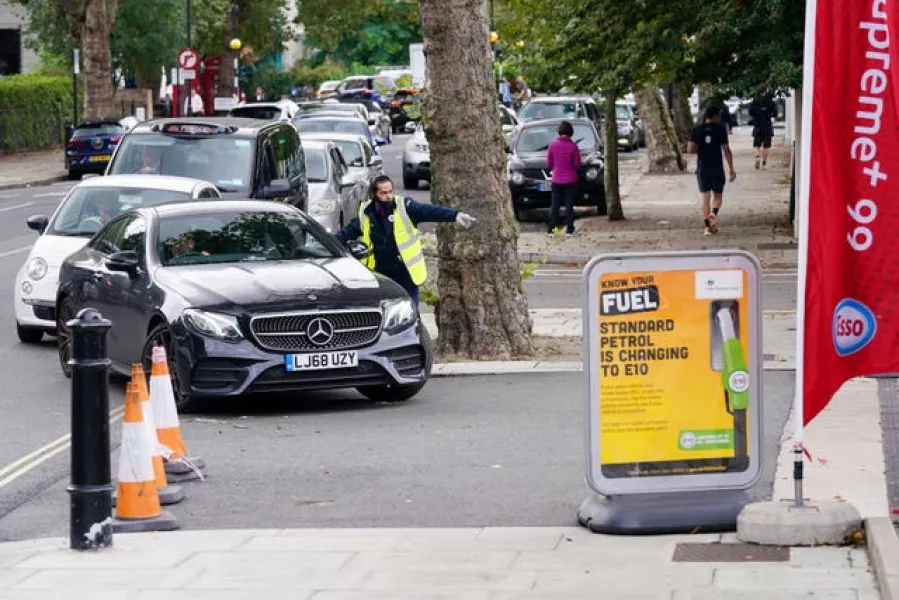
Speaking during a visit to Leeds General Infirmary, Mr Johnson said the situation on forecourts was “stabilising” after days of filling stations running dry due to panic buying.
He said some 200 troops, including 100 military drivers, were being deployed from Monday to support the supply effort as it was important to take “all possible precautions”.
But while the government was keeping the situation regarding visas under review, Mr Johnson made clear his determination to resist further pressure from the haulage industry and other sectors to ease the immigration rules.
“Of course we keep everything under review but what we don’t want to do is go back to a situation in which we basically allowed the road haulage industry to be sustained with a lot of low-wage immigration that meant that wages didn’t go up and the quality of the job didn’t go up,” he said.

“The weird thing is now, that people don’t want to go into the road haulage industry, don’t want to be lorry drivers, precisely because you have that mass immigration approach that held wages down, that held the quality of the job down.”
“I think what the UK shouldn’t be doing is to continue to try to be a low-wage, low-skills, low-productivity economy.
“People don’t want that. They want us to be a well-paid, well-skilled, highly productive economy and that’s where we’re going.”
